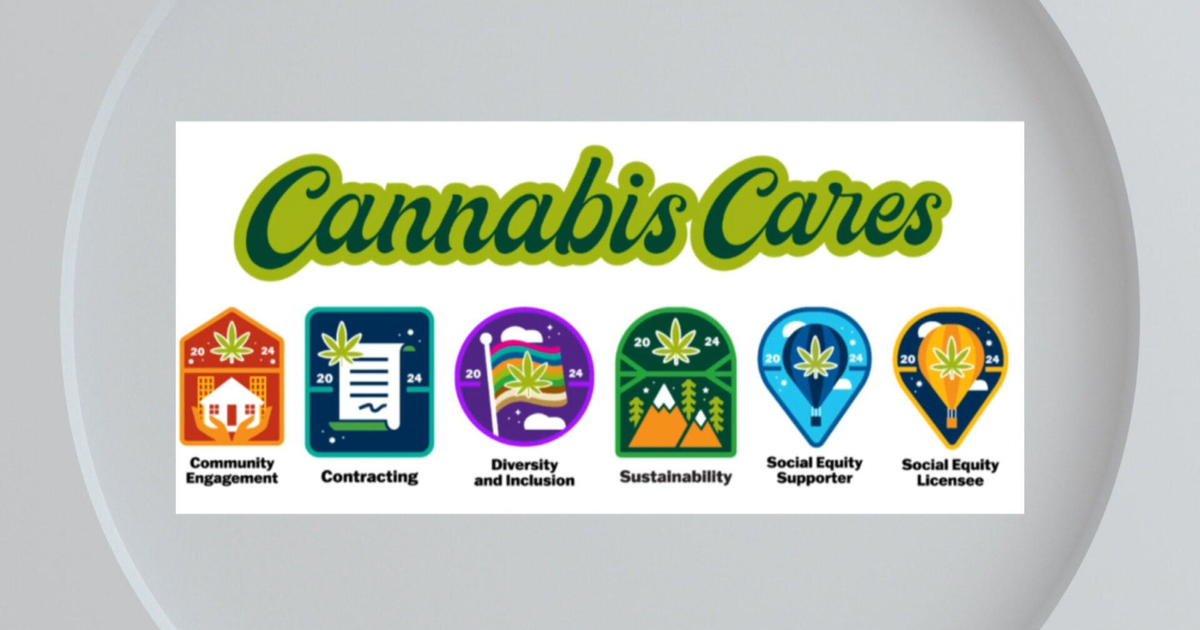Just What Is HGH Or Human Growth Hormone, Anyway?
(CBS4) - The allegations are blunt. Al-Jazeera claims that Peyton Manning used HGH, or Human Growth Hormone, in 2011 after going through a series of major neck surgeries that knocked him out of the game, at least in Indianapolis -- before a fingers-crossed landing in Denver.
The report has caused some major rumbles, with more aftershocks to come. You've heard some details: the player's union and the NFL agreed to test for use of HGH in 2011. They did not agree on the actual details of that testing until 2014. HGH is outlawed in most major sports.
So let's stick to the medical reasons why anyone would consider using an unapproved -- and now banned -- substance to get back on the field.
There's no question Manning has severe neck damage that has weakened his arm and cost him the sensation of touch in this throwing hand. I would think he would do almost anything to get that arm working again.
Besides hours in the OR, physical therapy, training facilities, and workout fields, as well as probably every known form of conventional medicine, Manning turned to what he terms "holistic" medicine to help with healing.
And for that, he went to the Guyer Institute in Indianapolis. On their website, the physician Dr. Dale Guyer, offers a wide range of "anti-aging" and restorative treatments ranging from Botox to facial peels, to hyperbaric (high oxygen) therapy, stem cell stimulation, as well as touting the benefits of Human Growth Hormone.
Manning admits using hyperbaric therapy and some say he may have even tried the stem cell stimulation (EECP), but Manning vehemently denies ever using HGH.
In the world of medicine, the jury is still out of hyperbaric and EECP ... and kinda, sorta, maybe HGH.
You see, there are medical studies dating back to 1990 that suggest there may actually be some benefit to older people ... and maybe athletes who use HGH. Improved strength, endurance, and recovery. As for recovery from an injury, a capital Question Mark. We simply don't know.
The medical name for HGH is Somatotropin. It's naturally produced in the brain, specifically the pituitary gland. And as people get older, the levels naturally drop. Then there are children who are born with HGH deficiency syndromes.
As far as the FDA is concerned, HGH supplementation should only be given to children with these syndromes, or older adults with medical problems. It is not supposed to be used by others. But the FDA can't track everyone who gets a prescription for HGH, so it's thought that there are a million or more Americans who use it to play beat the aging clock.
(BTW, the over the counter products that claim to boost or stimulate the production of your own HGH are scientifically a zero.)
Therefore, if you want the real deal, you need a prescription. And a syringe, since real HGH doesn't come in pill form. There is, at added expense, an auto-injector, like an EpiPen that you can jab yourself with.
By now I'm sure you've asked the million dollar question. Is HGH safe? The answer is:
"We Don't Know For Sure Either."
In fact, even though people claim that it builds muscle mass, etc, we are NOT even sure of that.
We frankly just don't know as much as we would like about the hormone. The research remains scanty and all over the board. But since there is even a suggestion that it may given an athlete an edge, HGH is off the table. PROHIBITED. DONE. DON'T EVEN THINK ABOUT IT.
So back to Peyton Manning. He says no, he has never used it. And at first glance, the allegations against him don't seem to add up. But everyone else can argue that one out.
But one final point. Manning says he is going to sue. But if I was the one who gave out any supposed medical information, I'd have bigger problems than Manning. Willfully identifying someone and distributing any protected medical information, truthful or not, is a violation of HIPAA rules. And the penalty for doing so for profit or malicious intent is punishable by a $250,000 fine, and 10 years in jail.
Dr. Dave Hnida is CBS4's Medical Editor. He blogs about the latest studies and trends in the health world. Read his latest blog entries, check out his bio or follow him on Twitter @drdavehnida



